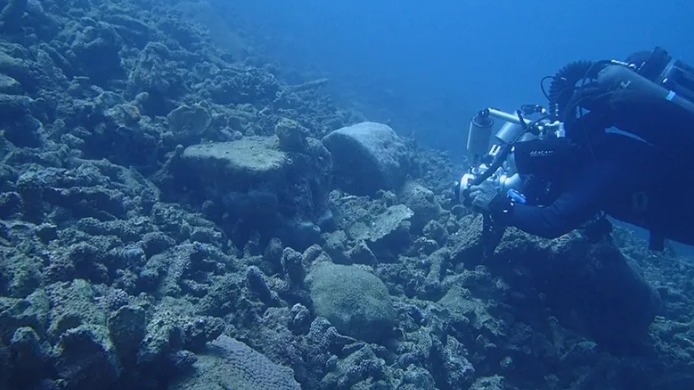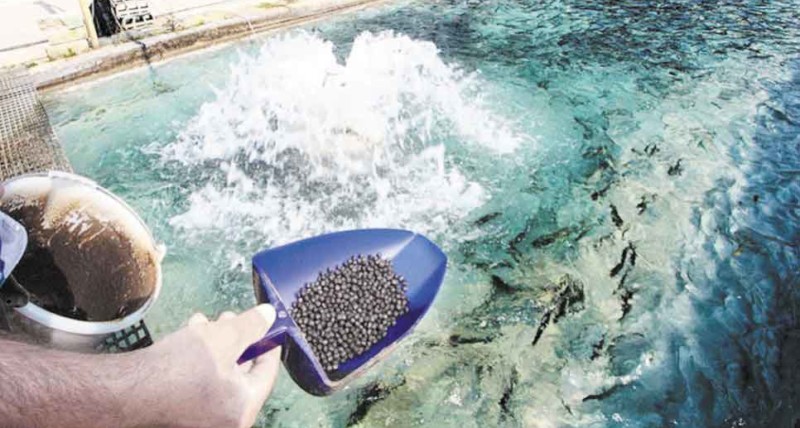
Cyclone Chido devastated buildings and infrastructure in Mayotte, but also its natural environments both on land and at sea. The association Deep Blue Exploration has started to assess the damage to the coral reef. Corals that were already bleached due to the El Niño phenomenon have been crushed.
The natural environments in Mayotte still bear the scars of Cyclone Chido’s passage. On land, vegetation was destroyed, and at sea, the coral reef also suffered significant damage. The Deep Blue Exploration association has begun evaluating the condition of the lagoon, one of the symbols of Mayotte’s natural wealth. « This is the third site we’ve visited, we’ve already done Sakouli and N’gouja, » explains Gabriel Barathieu, the president of the association, on the beach of Mtsangadoua, in the northern part of the island.
In the northern part of the island, as well as in the southeast and southwest, the situation is the same. « At the edge of the drop-off, the corals that were healthy are still there, there are a few broken branches, but I expected worse, » the diver shares. « On the other hand, what was already weakened by El Niño in March and April, all the corals that were bleached and half-dead, got crushed by the waves. » The seafloor at depths of 10 to 20 meters is now covered with broken coral pieces. « It’s a lunar landscape with nothing but coral debris, » he continues.
It will take up to twenty years to restore this environment, with some species growing less than a centimeter per year. « Unless there are other bleaching events, whether due to climate change or human activities, » explains Gabriel Barathieu. « We can clearly see areas with a lot of algae, which is not a good sign for the corals, especially since it’s the beginning of summer, and the water will still warm up. We’ll see, » the diver concludes. The association is currently limited in its findings. Having lost all of its boats, it cannot yet venture offshore to assess the condition of the coral barrier.


